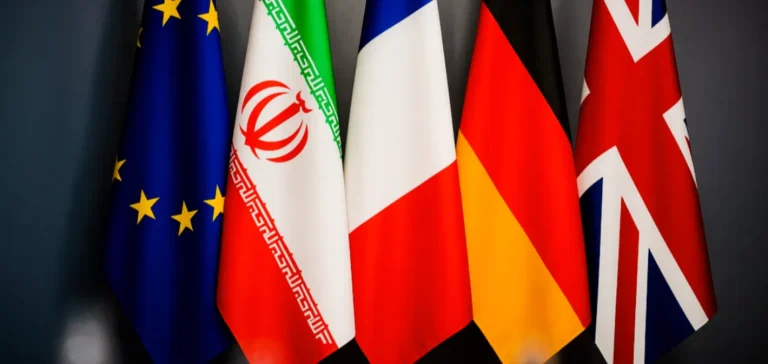The foreign ministers of Germany, France, the United Kingdom, the European Union and Iran are scheduled to meet in New York to discuss the future of Iran’s nuclear programme. The meeting comes as a crucial deadline approaches, with the threat of reinstating sanctions decided by the United Nations (UN).
A meeting set in a tense context
The meeting, scheduled on the sidelines of the United Nations General Assembly, will begin at 10:00 local time. Iranian Minister Abbas Araghchi has until midnight Saturday to reach a consensus with his counterparts Johann Wadephul for Germany, Yvette Cooper for the United Kingdom, Jean-Noël Barrot for France and Kaja Kallas for the European Union. Without an agreement, punitive measures suspended under the 2015 compromise could be reinstated as early as Sunday.
Strict conditions set by Europe
The Europeans have set three conditions to extend the suspension of sanctions. They require the resumption of direct negotiations without preconditions, full access for inspectors from the International Atomic Energy Agency (IAEA) to Iranian nuclear facilities, and detailed information on enriched materials. According to European diplomats, none of these conditions have yet been met by Tehran.
Mutual accusations between Tehran and Europe
Iranian authorities reject these criticisms and claim to have presented a proposal described as “balanced”, the details of which have not been made public. They accuse Europeans of pursuing a political pressure strategy that hinders dialogue. Western officials, on the other hand, continue to suspect Tehran of seeking to develop a military nuclear capability, which the Islamic Republic denies, stressing it is only defending its right to civilian nuclear energy.






















